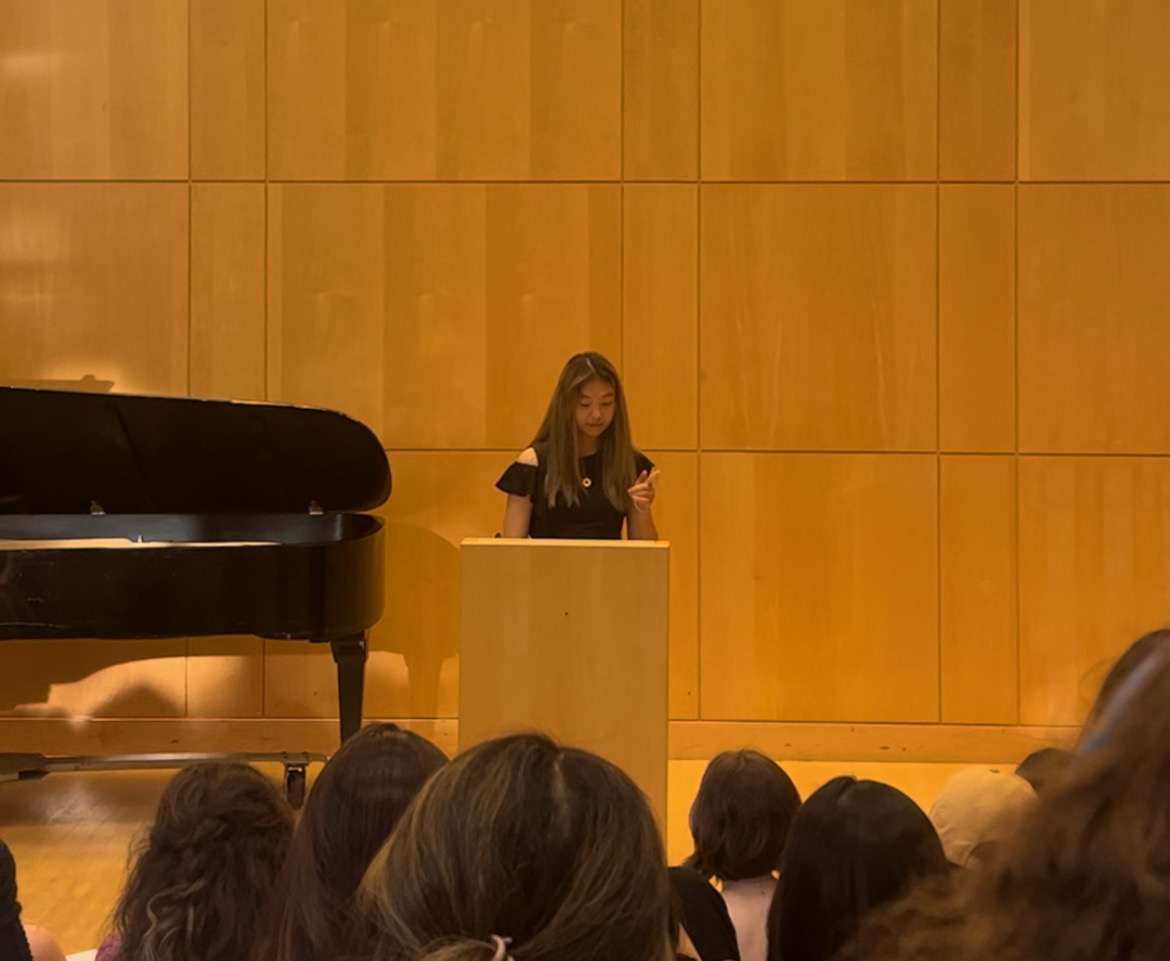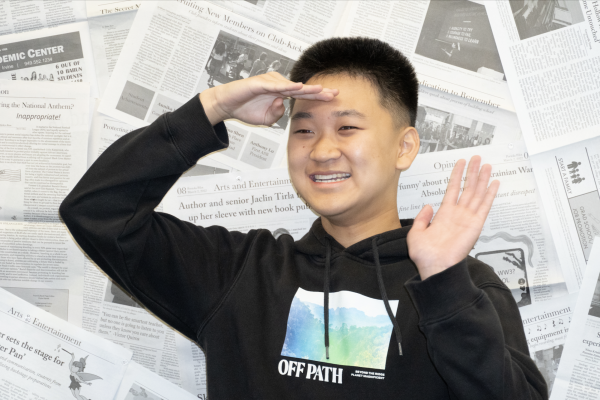It is unsurprising to many that Portola High’s student body is not average. With many students matriculating to top-ranked universities each year, such as the Ivy League, according to Naviance, there is a clear and consistent trend: a high emphasis on academic achievement and extracurricular involvement. But this begs the following question: What drives Portola High students to be high achievers, or at times, over-achievers?
To answer this question, I interviewed three high achieving upperclassmen: junior Vivian Lu and seniors Kevin Ying and Ian Yoon.
Lu, who is taking AP Physics C as a junior, is a classical musician and writer wanting to pursue astrophysics. Ying, a driven student who plans to take 20 AP exams by the end of senior year, is passionate about data science and history. Yoon is an aspiring lawyer interested in environmental policy; he does STEM research, but also enjoys the humanities.
Do you consider yourself to be a high or over-achiever? Are you talented?
Lu: I wouldn’t say that I’m more talented or less talented in any way. Every single person has some form of talent, but it can show in ways that society doesn’t typically consider talent.
Ying: No. I spec into a certain niche, which is taking a bunch of AP classes, but by no means do I feel I’m doing more than my peers.
Yoon: I try to get good grades, take initiative and things like that. I’d consider myself a high achiever in that sense.
Why do you pursue academic excellence?
Lu: I feel like if you’re sitting in class, every day, for six to eight hours, you might as well make something of that time. So then that’s why I’ll try to move ahead or study outside of school because I feel like it’s respectable to yourself.
Ying: I had mentors that were very worldly and knew a lot about a lot of different things. That was my inspiration to consume as much information as I can. I didn’t want to reject any potential — I didn’t want to reject any learning — because I was very scared of not being able to find what I enjoyed.
Yoon: My main motivator to stay diligent in school is that it’s satisfying. Maybe it’s kind of a habit. I don’t like the idea of not doing my best. Even if I don’t fail, I’m okay with not getting a result that I want, as long as I know it’s the result I deserve.
Do things like parental pressure, college prestige or the appeal of a high salary affect you?
Lu: I’ll be honest — I feel like no one can really talk about academic success or anything related to that without bringing up college or parents. I’m a pretty self-motivated person, but there’s definitely a pressure to do stuff for college.
Ying: If I can make money along the way, it’s good. It’s just coincidentally, my first step is one that’s pretty lucrative right now.
Yoon: I don’t think it’s for college at all. Everything that I’m doing is core to building critical skills that I’ll use in whatever job — college will just be an incubation period for me to build those skills up even more.
Has achieving so highly impacted your social life?
Lu: There’s a balance — I wouldn’t sit there and study physics for six hours for a test the next day.
Ying: The academic atmosphere is very intertwined with the social ones. I’ve never really felt pressured to give up my academic pursuits in trade for having fun with other people.
Yoon: I don’t think I have any. No, definitely not any social regrets.
Lu, Ying and Yoon are all clearly ambitious and plan to continue their intellectual curiosity past college. For these reasons, it is clear: high achievers are not purely driven by college prestige or social pressures, as that would be an unsustainable motivator. Rather, it is students’ genuine pursuit of knowledge that drives them to such extents.




